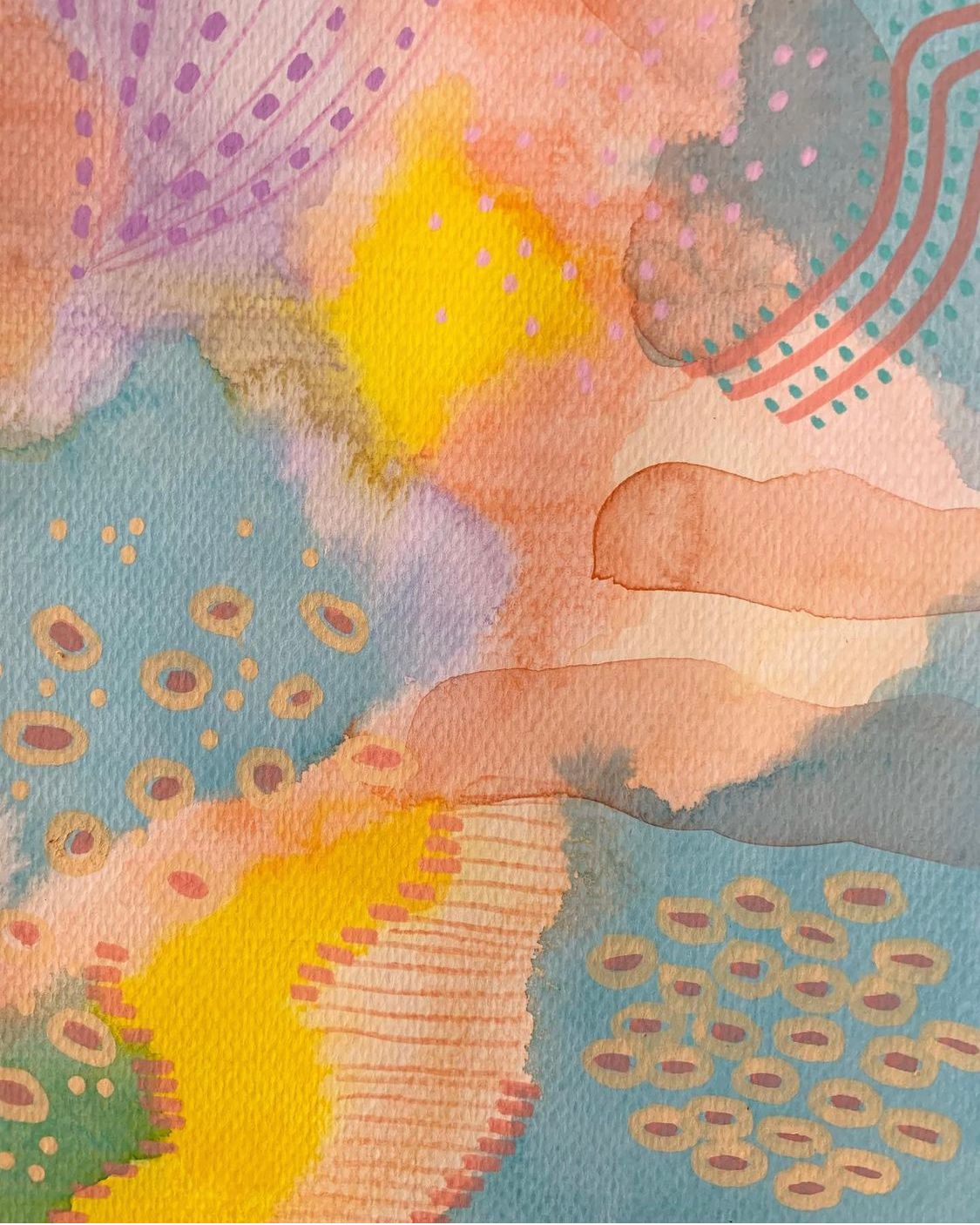Hide-and-seek (or hide and seek) is that old children's game, in which one counts to 20, 30 and the others hide. In the version I know, and I joked, the one who tells goes out looking for the others, and when he finds someone, he must return to the pike (place where he counted and closed his eyes) and say where the other is hiding. The goal is not to be found and to save yourself. The one who manages to get out of hiding and get to the pike is saved. He should even shout: "1, 2, 3, save me!".
In his book by Ubu Publishing, entitled "Hide and seek" , Antonio Prata brings another game, a hide and seek of words. The whole book plays with the Words and names that are hidden in other words , such as sleeping, which holds in itself "pain" and "going"; firefighter, "good", gossip, "mexe" and "rica", and so on. They are language games, which have literal and, I would say, surrealist illustrations by Talita Hoffmann. At the end of the book, we find a list of other words, not explored in it, to continue the game of finding words within words.
How close does an analysis come to a hide-and-seek of words?
In one of his best-known aphorisms, Lacan states that "The unconscious is structured as a language". Psychoanalysis and its concepts are always oriented in this field, it is only possible to think of the subject from it. The way each one speaks, the words they choose, say the way each one appropriates language and how they use it to constitute themselves as someone. This is only possible because the word has no univocal meaning , we are talking about signifiers. What a word means to me may be totally different from what it means to you.
In analysis, when listening to the analysand, we are interested in ambiguities, misunderstandings, in the other meaning, in the word stored within the word, or behind it. In children's play, the goal is not to let yourself be found, but to save yourself, you have to risk coming out of hiding. In analysis, perhaps we save ourselves precisely by revealing ourselves, by showing what, if on the one hand, wants to remain hidden, hidden, on the other, insists on showing itself. The word that equivocates says more than I think it does, within it, there is another, just as another dwells in me, the other of me, so strange, uncomfortable, disturbing.
Antonio Prata's book is worth reading, it invites us to play with language, doubt it and find new and unusual meanings. And it can be, to some extent, an initiation into the psychoanalytic universe.






